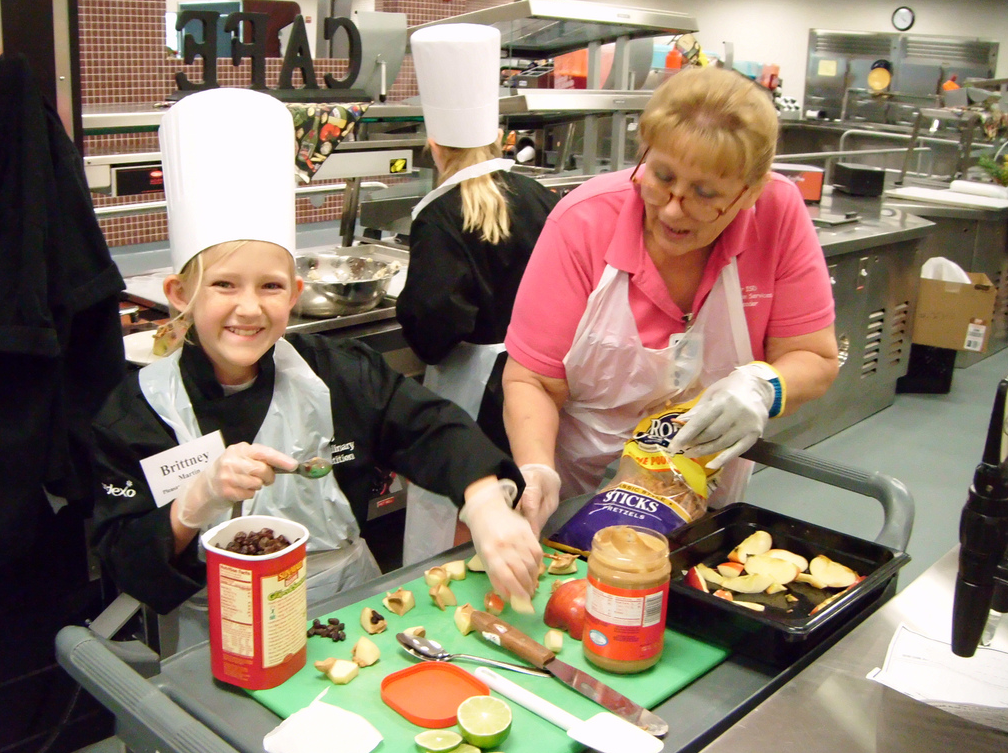By now many have heard about the “adulting” school in Maine, which teaches young, college-and-career-age professionals to live responsible and self-sufficient lives. Among the topics covered in adulting school are cooking, household management, and financial basics.
Not surprisingly, the adulting school has been met with outrage, not because the American public disapproves of the subjects being taught, but because those subjects should have been taught long before these individuals attained physical maturity.
Recognizing this void, some schools are beginning to reintroduce basic “adulting” skills into their curriculum. One of these schools is Robertsville Elementary School in New Jersey, where students take turns learning to prepare food for the school’s bistro. As the Asbury Park Press reports, the classes provide more than simple confidence in preparing meals:
“Speech therapist Annemarie Hanley, who coordinates the program, says it helps students learn how to apply basic math in a real-life setting and build on intrapersonal communication.
The program also helps students find healthier snack options and learn how to cook — skills that some people two or three times their age say they wish they had learned as children, according to one national survey.”
As the article goes on to report, students are big fans of the classes, as are the parents:
“‘These are all life skills that the kids should learn at a young age, that way … they know the value of money, they know how to budget, especially if they want to have food for seven days,’ said Annmarie Milano, whose 9-year-old son Nick is in the bistro program. ‘I’m very big on bringing all these skills back into the schools.’”
It has become fashionable in recent years to ensure that American kids are learning as much as possible and are participating in as many extra-curricular activities as their schedules will allow. Such frenzy is fueled by the thought that children will never be prepared for life unless they are exposed to a wide range of opportunities. As a result, parents and schools have largely pushed aside practical learning experiences, such as chores and home ec.
But is it possible that these practical learning experiences are worth more than the advanced courses, clubs, and sports? Do schools and parents need to go back to the basics – like cooking and financial management – to ensure that children have the necessary tools and responsibility to succeed in the real world?
Image Credit: Sodexo USA bit.ly/1ryPA8o
















Leave a Comment
Your email address will not be published. Required fields are marked with *